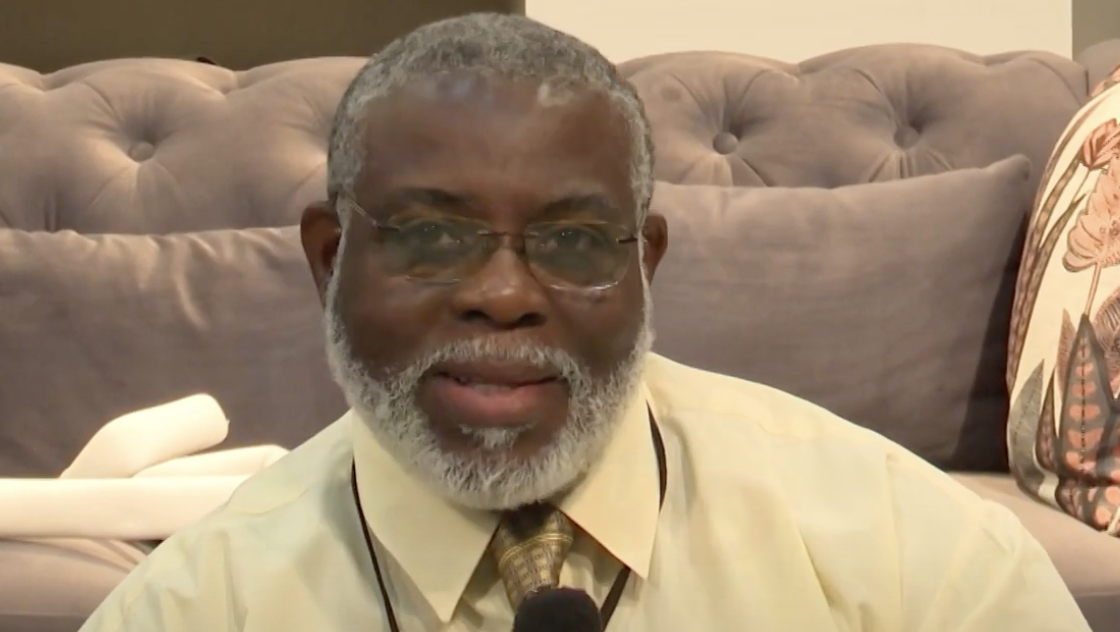Caribbean Broadcasting Corporation (CBC) Announces Staff Redundancies in Digital Transformation Restructuring

March 7, 2025
Caribbean Broadcasting Corporation (CBC) to undergo restructuring, with all staff facing redundancy for digital transformation. Severance, benefits assured. BWU involved in negotiations for fair transition.
The 61-year-old State broadcaster, the Caribbean Broadcasting Corporation (CBC), is set to undergo a sweeping restructuring at the end of the month, with all staff being made redundant as part of its transformation into a fully digital broadcaster.
At a staff meeting held on Thursday afternoon in Studio B at The Pine, the workers were informed that, as part of the restructuring exercise, they would all be made redundant with severance payments and other benefits. This was confirmed by veteran business executive Oliver Jordan, the government’s special advisor on State-owned enterprises.
He told the staff: “What government has proposed and agreed [to] was severance of four weeks for every year of service, notice pay in accordance with the ERA or contract, whichever one is greater, outstanding vacation calculated at the exit date, employee assistance, and also pension arrangements. The Ministry of Finance has agreed to honour all pension obligations of CBC in accordance [with] terms of the pension plan.”
In a statement to the staff, broadcast on the CBC News Night evening news programme, CBC CEO Sanka Price said the move was a difficult but necessary decision to ensure the long-term sustainability of the national broadcaster.
“CBC is not closing,” he declared. “We are just transforming into something better.”
“It’s long overdue; it’s something that needed to happen for many years. There were plans from since 2016 that were there. No one acted on those plans in the way they should have acted on those plans because if those plans were acted on back then, we would not be in the financial situation that we are in now,” Price said.
He further assured viewers that there would be “no major disruptions” to CBC’s three radio channels, lone television channel and multichannel service, MultiChoice, during the transition period.
The Barbados Workers’ Union (BWU) has been actively involved in negotiations to secure a fair transition for CBC employees.
BWU General Secretary Toni Moore said: “From the outset, the Barbados Workers’ Union has been resolute in ensuring that CBC employees are treated fairly and respectfully. We fought tirelessly to secure a severance package that recognises their contributions, [addresses] the anxiety associated with this protracted period and exceeds the standard provisions. Beyond the financial aspect, we understand that transitions like these can be difficult, and we want every CBC employee to know that they are not alone.”
She added: “We understand that every I cannot be dotted at this stage or every T [crossed], but we are satisfied that we are at a point where we can go ahead with the transition plan that has been rolled out. We remain committed to the workers here at CBC as we are committed to every other worker in these very difficult situations where there’s mental anxiety and everything that surrounds it—not only for the workers but their families as well.”
The transition to a fully digital platform is expected to take six to nine months, after which CBC aims to offer Barbadians an enhanced viewing and listening experience. This includes multiple free-to-air TV channels with improved audio and video quality, mobile access to CBC content on tablets and smartphones, and expanded services such as datacasting for education, health, and emergency alerts.
CBC began the first wireless radio service, Radio Barbados, on December 15, 1963. CBC Television began transmitting a year to the day later. In 1971, CBC-TV became the third Commonwealth country and the first in the Caribbean to transmit in colour. It switched from the English PAL transmission system to the NTSC system in 1979.
shamarblunt@barbadostoday.bb


